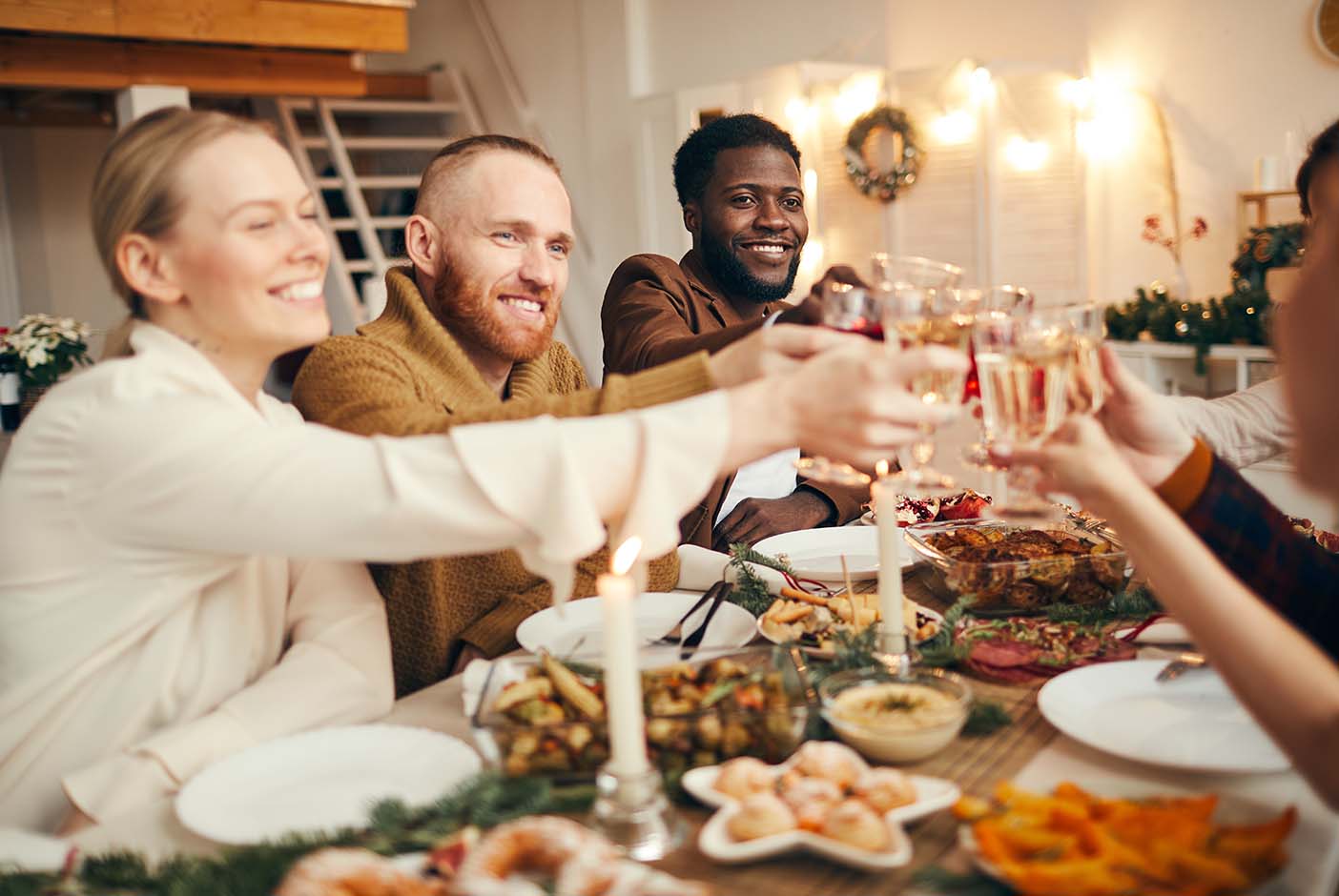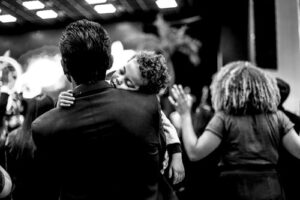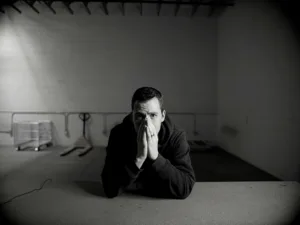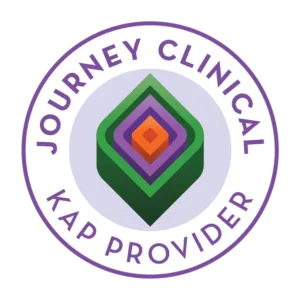By Jesse A. Proia M.A., LMFT
Passively moving into the holidays can leave us vulnerable to behave from a place of reactivity that is frequently not in line with who we wish to be or how we want to show up for ourselves.
This year my holiday offerings are tips and insights I have developed over the years with my clients, that I share with friends and, I utilize myself. So, let’s jump right in. (should this be earlier in the post?) Planning ahead allows us to shift from a place of reactivity to a position of responsivity and resiliency. In doing so, we can remain grounded and true to our personal values.
Why safety planning?
As a therapist, when the Holiday season approaches, I always facilitate discussions with my clients about Holiday safety planning. Why safety planning? Because there is a lot of opportunity to have fun and meaningful gatherings with loved ones but there’s also a lot of opportunity for harm and consequences. Sometimes these discussions are oriented around physical safety. More often, I am speaking of emotional safety, intentionality around substances, holiday social expectations vs. reality and how it relates to family, friends, colleagues and community. Holiday safety planning in a cohesive way to uphold and protect personal values, set realistic expectations and healthy boundaries. These plans directly foster deeper self-awareness, support implementation of personal growth, and demonstrate our ability to make positive change in our lives.
It’s all about asking yourself questions, listening to your answers, and trusting yourself
Clinically, I see so much harm take place around the holidays. With just a little awareness developed around what our personal needs are, along with a plan for getting those needs met, we can turn the holidays into an opportunity for growth, autonomy, and self-worth. If we bring some awareness in these areas, we can enjoy the season as much as possible and prevent falling into harmful patterns with friends and family.
Be aware of the reality of the holiday
Emotional Safety
The holidays are emotionally activating in a multitude of ways; negative, positive and everything in between. Check in with yourself: what are your expectations of the holiday? What are you looking forward to, excited about or craving? What are your fears or anxieties about the holiday? What are your plans and how do you feel about those plans, honestly, without judgment, just listen to yourself. I love to hear what clients are looking forward to when the holidays arrive, but most importantly, I help clients in identifying if those expectations are based on the reality. Is your Holiday informed by movies, tv, social media and what our culture tells us the holiday ‘should be’? I ask clients to check in with memories of past holidays and determine what is foreseeable. Be aware of the reality of the holiday. Are you going to be with friends and or family or not: what emotions do you feel; overwhelmed, isolated, lonely, anxious?
Intentionality around Substances
The holidays are a socially sanctioned time of year for heavy alcohol consumption. Drinking is also often used as a coping strategy to deal with frustrating family members, loneliness and managing challenging feelings that arise. Drinking as a form of coping can get easily get out of control fast leading to more harm than good. Many family fights, abusive relationships and self-destructive behaviors escalate when folks try to ‘get through’ holiday situations by getting drunk or high. Establishing awareness of these foreseeable moments and creating alternative coping strategies is key.
Stay accountable
First, plan and set limits with drinking and drugs and awareness around food and eating. Prevent binge drinking and drug use to avoid feelings or manage uncomfortable interactions. You can determine ahead of time how many drinks you wish to consume and hold yourself accountable. You can rely on an internal cue of what your drinking limit is. If you are sober, are there sober events or festive meetings you can attend or something fun you can do with a sponsor or someone within fellowship? If you are traveling have you identified meetings in that area you can attend? Also be mindful of how you might actually stuff yourself with food to suppress negative feelings or cope with stress. Similarly, be mindful if you tend to restrict food to feel in control. Consider creating a meal plan to ensure you are nourishing your body.
Choose how you would like to exist in your life
Social Expectations
Right out of the gate I try to help my clients in seeking affirming spaces and avoiding invalidating environments that could be activating. I help cultivate awareness around any foreseeable stressors that can be prepared for. Do you feel safe or comfortable with the people you are spending the holiday with? Can you buddy up with a friend or family member? If you need to leave, where can you go? If you’re alone on this holiday, are you feeling lonely? Is there someone that you can engage with either virtually, over the phone, video or in person? If you’re alone, what could make holiday fun for you?
Boundaries often don’t feel good in the moment but will in the long run
We are socialized to not rock the boat with our families, especially during the holidays and typically there is a parental figure telling us to “be nice.” We all have ‘that uncle’ in the family. I always like to share a different perspective with my clients…say, ‘that uncle’ is taking up space and always dominating a situation, so why can’t you? I am not promoting anyone to engage in the polarizing effects of fighting or opposition. We all know how easy it is to take a side and dig our heels in. Rather, what I am suggesting is to consider how you would like to move through interacting with a challenging family member that honors of your future self-versus engaging with them based on past patterns or unresolved conflicts. With clear personal intentions we can be empowered to coexist and utilize healthy distraction strategies to minimize engaging a challenging family member. Construct assertive boundary-based statements to use in conversations with them and trust yourself when you need to walk away or not attend a gathering. It is still important to consider how your choice will be interpreted by family, and prepare for any negative responses.
Being LGBTQ+ during the Holidays
This safety-based approach is especially helpful and often critical to equip LGBTQ+ clients as they prepare to return to their families and communities of origin for the holidays. This time of year can not only be stressful for LGBTQ+ folks, it can be retraumatizing, acutely challenging and incite harmful methods of coping. For my queer clients and community, I cannot reenforce enough how important it is to seek queer spaces. If you are traveling home, is it safe? Do you have queer friends or allies? Can you ask them to be a support while you are there? Are there potentially unsafe people in your family or who will be attending holiday events? Are you expected to attend religious services that erase, invalidate, or directly oppress you? How do you wish to handle foreseeable instances of homo-bi-transphobia? If there is any foreseeable physical violence or traumatization, do you truly need to go? Whenever a client feels stuck or trapped in holiday plans, it is key to employ curiosity and come up with options and alternatives. Curiosity as a tool, engages choice making and cultivates a sense of control in such decision making, resulting in personal empowerment.
Curiosity is healing in it of itself
Holiday safety planning often goes overlooked for many reasons. We want to avoid thinking about the reality of the holiday. We are socialized to minimize our personal needs and values to fulfill the cultural norms associated with the holidays. We are taught that a family system is a fixed entity and is not allowed to be challenged. We get absorbed in the idealization of holiday from media and cultural expectation. Without being prepared we often find ourselves in challenging situations, psychologically activated and unable to accurately assess what we need to balance the scales. By then our fight, flight, freeze, fawn response has been triggered. Create a strategy and write a list ahead of time to keep it with you in a journal, on your phone or in your pocket so you can be prepared when you need to be kind to yourself.
This year I invite you to make a plan and notice if it helps at all. Reminder: Be realistic, manage stressors, limit drug and alcohol use, set boundaries and empower yourself to say no. Above all: trust yourself, increase self-compassion and think about how you can move through the holidays with your future self in mind.
I wish you a happy new year.














